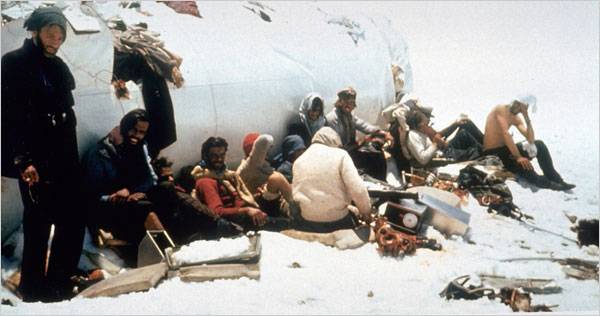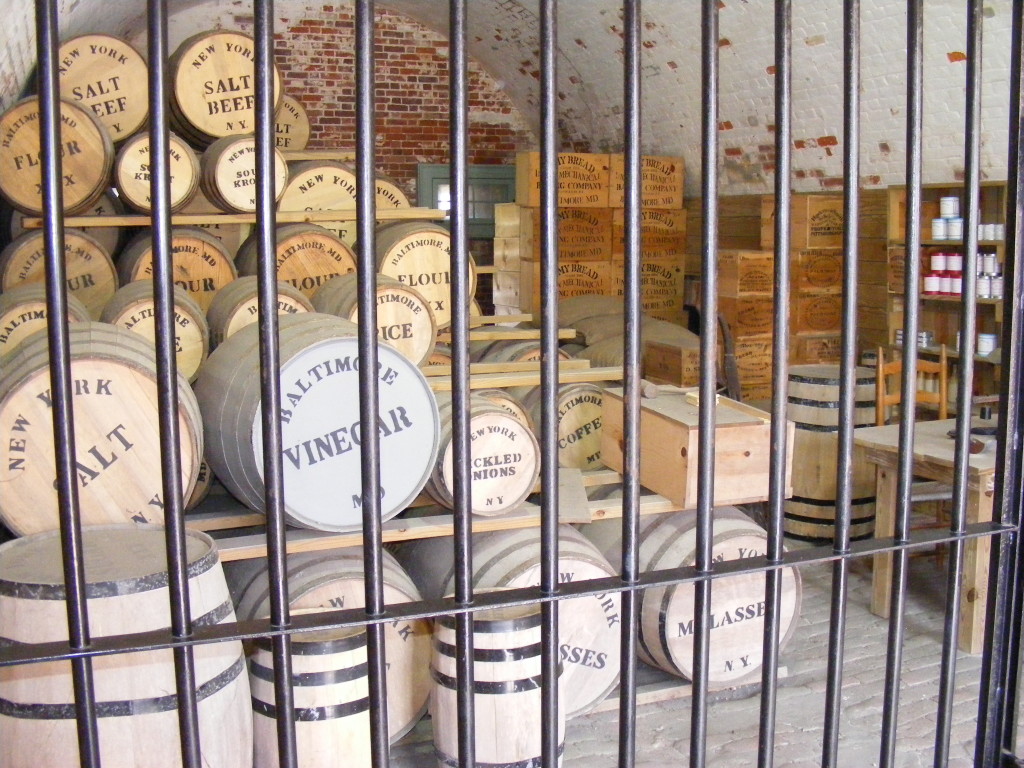What is the history of rations?
- The first rations appeared in ancient times when Roman soldiers were given two pounds of bread per day which came with olive oil, meat, and wine
- The armies during this time mainly relied on barrels upon barrels of dried meat and vegetables on their longer campaigns
- Cutting off an army’s trade route was tantamount to winning the war during this time.
- In the 18th century, armies carried “garrison rations” which were stored in large wagons which followed columns of troops wherever they travelled. These contained beef or pork, wheat flour or cornmeal, and barrels of apple cider or spruce beer.
- During the invasion of Russian, Nicolas Appert revolutionized rations by placing food in sealable jars and covering it in hot water. This sterilized, cooked, and preserved the food all at the same time.
- Because glass jars were expensive, canned food was created.
- In the 19th century, the USA created the first legitimate rations which provided the full nutritional value of a true meal.
Food is so crucial to the survival of the human race. In fact, there are businesses dedicated to providing it, such as Juan Carlo’s wedding catering services. However, during the darker periods of human history, food was also a necessary resource in the art of war. Sustaining an army of thousands of men got the various military forces around the world pondering the gargantuan task of keeping these soldiers fed. See, food is necessary in peace as well as war because without it, soldiers would not be ready for combat.
Most of history saw some small militias rather than large armies for battle. They would usually come together from the local population and would only be active for a short period of time. When these small groups would need to move from place to place, they simply just lived off of the food that they found, the food they could buy, and the food they could confiscate from stores and farms.
In fact, during the ancient times, Rome created the very first permanent and professional army. The Roman Empire divided this army and stationed Legionnaires at all corners and points of their land. This was possible because of the paved road that they had which made the transport of supplies a bit easier. Every soldier was given two pounds of bread per day, which came with olive oil, meat, and wine. These were the first appearance of something that resembled rations. The supply of these came from places as far as Egypt to as near as local fields.
The armies, during this time, mainly relied on barrels upon barrels of dried meat and vegetables on their longer campaigns. However, dried food can only last for so long so at the time, cutting off an army’s trade route is tantamount to winning the war. At the time, food couldn’t last for more than a month so expenditure was at an all-time high for transporting and producing food alone. Lack of food also drove armies to raid and plunder innocent villages for food, water and at times, for manpower.
History has shown the world that the lack of food during emergency cases often drove desperate people to committing things that they normally wouldn’t do, otherwise known as the state of ‘insanity’. One such example is the 1972 Andes Flight Disaster where after several days of starving, the desperate survivors collectively decided, albeit begrudgingly, to eat the flesh of their deceased compatriots. It is a widely accepted fact that hunger drives people to do things in order to survive.

For a time, profession armies disappeared and did not resurface until the 18th century; most notably in the British Empire. When the American Revolution broke out in 1775, the British Empire was ready and they easily stuck down any rebellion with trained battalions of soldiers. Both sides relied heavily on locally available food for their rations as well as foraging any land that they could. Often, both sides would find themselves too far away from any reliable source of food. They had to carry “garrison rations”, which were stored in large wagons which followed columns of troops wherever they travelled. Their typical supply of food included beef or pork, wheat flour or cornmeal, and barrels of apple cider or spruce beer (during this time, sanitation was still inefficient and it was more hygienic to bring around cider and beer instead of water).
Fresh vegetables were also very unusual to be a part of a battalion’s food supply since it was hard to preserve them. They were only available to soldiers if there was a local supply of it. Because of the lack of fruits and vegetables, soldiers usually suffered from vitamin deficiencies and winter time would take a heavy toll on them. Most of the soldiers who fought in this war died from disease rather than the hands of their enemies.
Napoleon Bonaparte, a famous French conqueror, once said that, “An army marches on its stomach”; and he ardently believed in the importance of proper military nutrition. Unknowingly, this statement would start the search for a way to preserve food and eventually lead to the invention of canned food.
During the invasion of Russia, Napoleon and the French government needed to find a way to supply their massive army with food since the battles took place in faraway fields from their food sources. Because of this, they promised an award to the person who could revolutionize the transport and preservation of food. Nicolas Appert heard the call and so he developed a preservation method which involved sealing the food in a glass jar and covering it with boiling water so that it will be cooked as well as keeping it preserved. The boiling water is also what kills the bacteria on the meat and sterilizes it while the jar keeps the bacteria from attacking the meat.
This idea is what paved the way to what we now know as ‘canned food’. At the time, the idea was considered revolutionary and it provided safe food for transfer and consumption.
The only problem with canning was that, at the time, the materials needed for canning were expensive and they were difficult to open without the proper tools. Although their need for fresh food was answered, a new problem popped up, but it wasn’t too big of a deal until the early 19th century when the British military used cans sealed with lead solder, which in turn caused lead poisoning.
It wasn’t until the late 19th century when food rationing was truly revolutionized, at least in its earliest form, by the United States Military. They developed a system of nutrition which addressed the daily nutritional meal of an average person. Various tools and other materials were also developed for the consumption of food, which lead to rations being extremely convenient to transport as well as the easy of preparing the food for eating.
Food is one of the only things in the world which could cause conflicts but at the end of the day, the night will fall and the sun will rise. Simply put, while food is the cause of conflict, it can also be a source of love and nourishment between families and friends.





